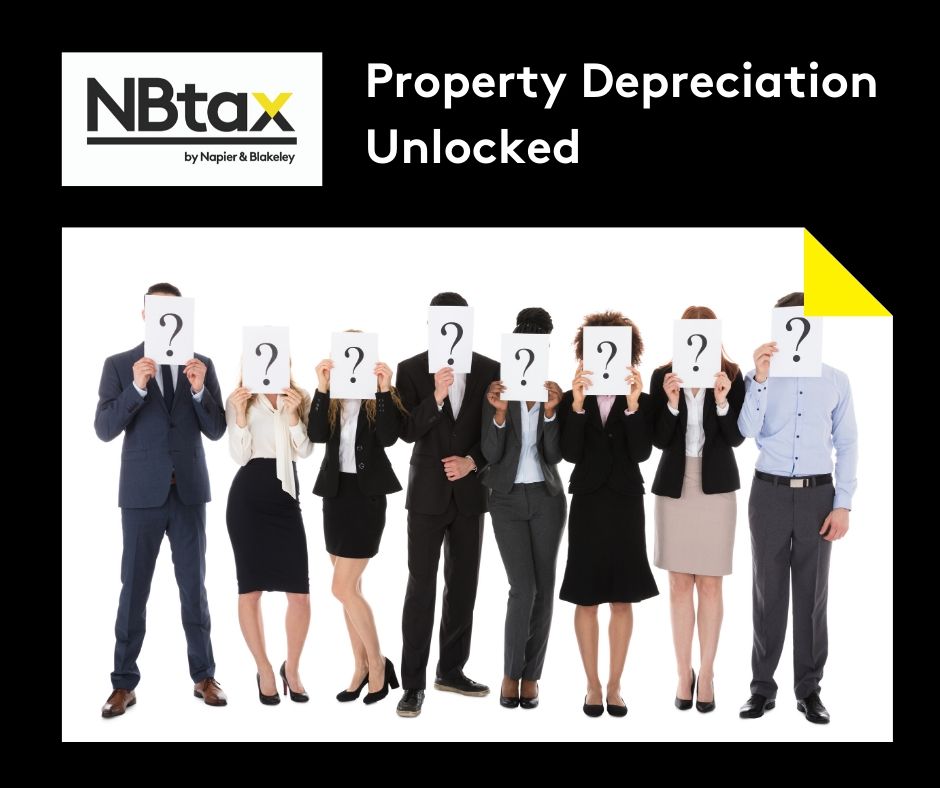
All Depreciation Reports are Not the Same
In an ideal world, every property depreciation report or schedule should be the same. But we don’t live in an ideal world, so in some cases, there are vast differences in the quality of depreciation reports. A poorly prepared depreciation schedule will result in property investors missing out on valuable depreciation allowances, costing them thousands in additional taxes. In worst-case scenarios, non-compliant depreciation reports will result in investors receiving penalties.
Why do Depreciation Schedules Vary?
While depreciation is based on a mathematical calculation of diminishing values, it is subject to a forecast of the worth of a building, many years into the future. For example, depreciation on a residential building is calculated at 2.5% for up to 40 years. If the initial assessment of the construction cost is incorrect then the value of depreciation will be incorrect as well. This in turn affects the depreciation allowances, you can claim.
Plant and equipment items such as kitchen ovens, range hoods, cooktops, and other white goods, vary depending on the quality, and likely wear and tear over the years. In these cases, the amount you can claim and for how long, will vary as well.
Accuracy and experience are key to a quality depreciation schedule. The skill to accurately assess construction costs plays a large role in determining depreciation. Excellent detective skills to investigate historical changes to a building is essential. And, a thorough knowledge of tax legislation to ensure depreciation reports are compliant is a must.
In this video, Paul Mazoletti, National Director of Napier & Blakeley discusses how to identify a quality depreciation report.
Here are a few points covered in the video.
- Accurate analysis and assessment of building costs, plus plant and equipment assets
- Skill and experience to conduct building inspection of the property, both inside and out, including common areas in apartment complexes
- Through analysis of records for capital improvements, including new purchases
- Additional consideration such as body corporate/strata management, legal and government fees
- Knowledge of property tax legislation and how it affects individual residential properties
- Calculating and forecasting depreciation values for the future
- Use of Registered Tax Agents
- All depreciation reports are 100% tax-deductible
Our NBtax team includes experienced, skilled and qualified Property Analysts and Quantity Surveyors with an in depth knowledge of property tax legislation. Don’t waste your opportunity to claim all eligible depreciation allowances and reduce your taxable income. Contact our Property Tax team today.